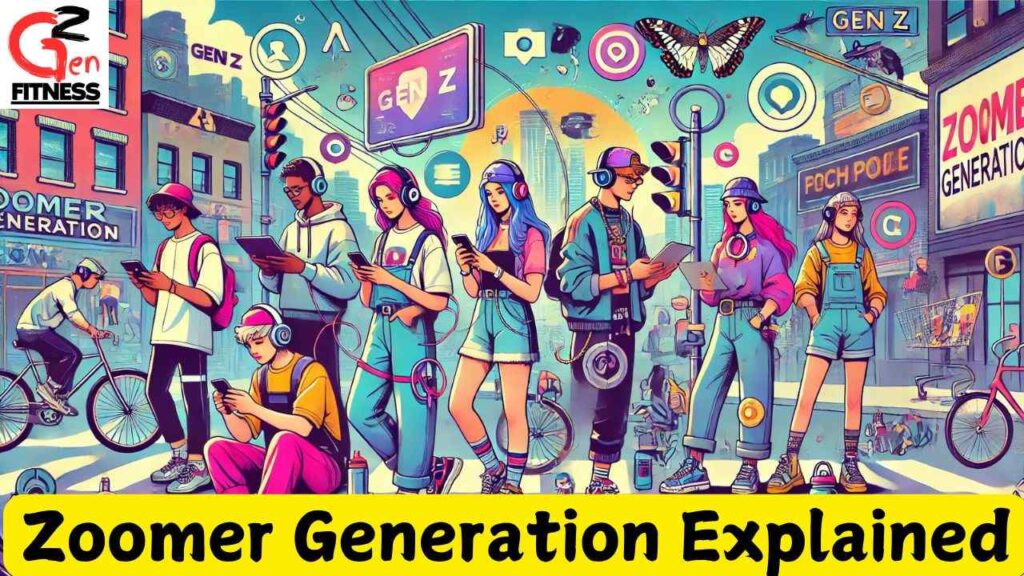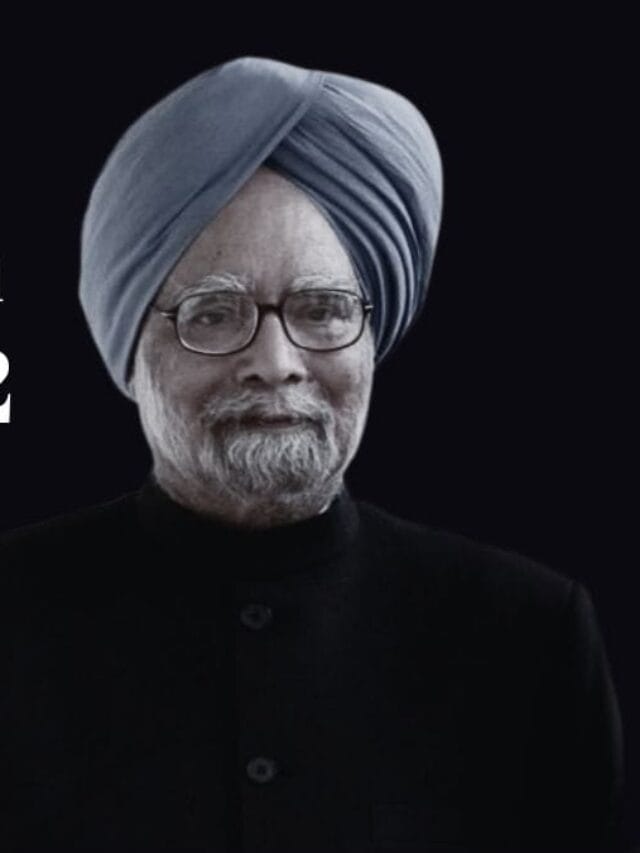

Zoomer Generation
Who Are Zoomers?
Zoomers, also known as Generation Z, are the demographic cohort that follows Millennials. This generation is often described as tech-savvy, socially conscious, and highly adaptive to the digital age. The name “Zoomer” is a playful riff on “Boomer,” reflecting their position in the generational sequence while emphasizing their distinct identity.
Unlike Millennials, who grew up witnessing the dawn of the internet, Zoomers were born into a world where digital technology was already thriving. Smartphones, social media, and instant access to information have been constants in their lives, shaping their communication style and worldview.
The Origin of the Term “Zoomer”
The term “Zoomer” first gained traction in internet culture as a humorous counterpart to “Boomer.” However, it quickly evolved into a legitimate identifier for Generation Z. Popularized in memes and online forums, “Zoomer” reflects not only their tech-savvy nature but also their inclination to redefine traditional generational labels.
Historically, generational nicknames emerge to capture shared characteristics, and “Zoomer” is no different. It encapsulates their rapid adoption of technology and their “zooming” pace through societal changes.
Generation Zoomer (Gen Zoomer)
Characteristics of Generation Zoomer
Zoomers are digital natives, born into a world dominated by technology and interconnectedness. They are known for their:
- Tech-savvy lifestyle: Navigating devices, apps, and platforms with ease.
- Social awareness: Advocating for diversity, inclusion, and climate change action.
- Resilience: Adapting to rapid changes in education, work, and social structures, especially during global disruptions like the COVID-19 pandemic.
Their communication style leans heavily on visual media, from TikTok videos to Instagram stories. Authenticity matters most to them, and they often seek genuine connections online and offline.
Social and Cultural Influence of Gen Zoomers
Generation Zoomers have reshaped pop culture by embracing innovation. From creating viral trends on social platforms to influencing music, fashion, and media consumption, their reach is undeniable. Iconic figures like Billie Eilish and movements such as climate strikes demonstrate their power to lead cultural shifts.
Zoomers prioritize sustainability, favoring brands that align with their values. They also challenge traditional norms, advocating for mental health awareness and breaking stereotypes in the workplace.
Generation Zoomer Years
What Years Define Generation Zoomers?
Most researchers agree that Generation Z includes those born between 1997 and 2012. However, these dates are not set in stone, as generational boundaries often overlap. The key is identifying common experiences, such as growing up in the digital age and witnessing global events like the 2008 financial crisis or the rise of social media.
Global Context of Generation Zoomer
The formative years of Generation Z were marked by significant global events. These include the advancement of technology, the 9/11 aftermath, and movements advocating for climate justice. Despite their shared digital upbringing, Zoomer experiences differ worldwide due to regional socio-economic factors.
Zoomer Age Range
Understanding the Age Range of Zoomers
In 2024, Zoomers fall roughly between the ages of 12 and 27. This broad range means some Zoomers are still in middle or high school, while others are entering or settling into adulthood. As this group matures, their influence on politics, economy, and culture continues to grow.
Generational Cohorts: Where Do Zoomers Fit?
Zoomers share some similarities with Millennials, such as a focus on technology, but they diverge in their values and outlook. Unlike Millennials, who value work-life balance, Zoomers emphasize flexibility and mental health in their careers. They also differ from Gen Alpha, who are even more immersed in AI-driven technologies.
Zoomer Generation Years
The Timeline of Zoomer Years
Zoomers were born during a transformative era that witnessed the explosion of the internet and smartphones. Their childhoods were shaped by streaming platforms, online gaming, and digital classrooms. These milestones differentiate their experiences from older generations.
Zoomers vs. Other Generations
While Boomers and Millennials witnessed the transition to a digital world, Zoomers are fully immersed in it. Unlike the analog upbringing of Gen X, Zoomers’ lives revolve around digital convenience, from e-commerce to virtual friendships.
Zoomers Age Group
Exploring the Age Demographics of Zoomers
Zoomers straddle a unique period in life. The younger cohort is focused on education, with a strong emphasis on STEM and creative fields. Meanwhile, older Zoomers are entering the workforce and challenging traditional career paths with their entrepreneurial spirit.
Impact of the Zoomer Age Group on Society
The Zoomer generation is driving change in various domains, including:
- Workplace culture: Pushing for remote work and flexible hours.
- Social activism: Championing causes like racial equality and LGBTQ+ rights.
- Consumer habits: Prioritizing eco-friendly and ethical brands.
Zoomers in Society
Zoomers and Technology
Zoomers are often referred to as the first true digital natives. Unlike previous generations who had to adapt to technology as it evolved, Zoomers grew up immersed in it. From their earliest years, they’ve interacted with smartphones, social media, and streaming platforms, making technology second nature to them.
This generation’s relationship with technology isn’t just about consumption—it’s also about creation. Many Zoomers are influencers, content creators, or entrepreneurs leveraging platforms like TikTok, YouTube, and Instagram. They are also reshaping industries by demanding user-friendly, intuitive, and ethically designed technology.
However, this deep connection to tech comes with challenges. Studies highlight a correlation between excessive screen time and mental health concerns such as anxiety and depression. Despite this, Zoomers continue to use technology to raise awareness about these very issues, making them a generation that turns problems into platforms for change.
Challenges Faced by the Zoomer Generation
Being a Zoomer isn’t all fun and memes. They are growing up in a world fraught with complex issues, from climate change to economic instability. Unlike previous generations, who faced gradual societal shifts, Zoomers are experiencing rapid, often overwhelming change.
- Mental Health Struggles: With the rise of social media, many Zoomers face the pressure of maintaining an online persona, leading to stress and burnout. The COVID-19 pandemic also disrupted their formative years, adding to their mental health challenges.
- Economic Uncertainty: Many Zoomers entered the job market during or after the pandemic, facing inflation, rising housing costs, and limited job stability. These factors influence their financial decisions, including delaying milestones like buying homes or starting families.
- Environmental Concerns: As passionate advocates for sustainability, Zoomers are acutely aware of environmental crises. This awareness can sometimes lead to eco-anxiety—a sense of helplessness in the face of climate change.
Despite these hurdles, Zoomers are remarkably resilient. They actively push for systemic change, championing issues such as mental health reform, social equity, and environmental sustainability.
Zoomer Pop Culture and Trends
Zoomer Impact on Entertainment
Zoomers have revolutionized entertainment. Traditional media, such as TV and movies, now compete with platforms like YouTube and TikTok. Their appetite for short, engaging, and authentic content has driven the rise of creators who share relatable, unscripted moments.
Music is another area where Zoomers shine. Genres like lo-fi, indie pop, and K-pop dominate their playlists, and platforms like Spotify and SoundCloud give them direct access to niche artists. The rise of “bedroom pop,” spearheaded by artists like Clairo and Billie Eilish, reflects their preference for authenticity over polished perfection.
Zoomers also value representation. They champion diverse stories and characters, demanding inclusivity in movies, TV shows, and gaming. This has pressured the entertainment industry to rethink old narratives and embrace new voices.
Fashion and Lifestyle
Zoomer fashion is a mix of nostalgia and innovation. Thrifted clothing, Y2K styles, and sustainable brands dominate their wardrobes. They reject fast fashion in favor of ethical consumption, often championing upcycling and DIY projects.
Their lifestyle trends mirror their values. Zoomers prioritize self-care, focusing on mental health, wellness, and personal growth. They are also early adopters of eco-conscious living, supporting sustainable products and reducing waste wherever possible.
Social media drives these trends, with platforms like Pinterest and Instagram serving as inspiration hubs. From plant-based diets to minimalist decor, Zoomers redefine what it means to live responsibly and authentically.
Conclusion: The Legacy of the Zoomer Generation
Looking Ahead: The Future of Zoomers
The Zoomer generation is poised to reshape society in profound ways. As they age, their influence on politics, economy, and culture will only grow. They are already redefining traditional norms, from how we communicate to how we approach work-life balance.
Zoomers are likely to lead the charge in solving global challenges. Their dedication to sustainability and social equity suggests a future where these values take center stage. Additionally, their innovative use of technology hints at breakthroughs in fields like education, healthcare, and climate science.
Final Thoughts on the Zoomer Generation
Zoomers represent a blend of adaptability and idealism. They are not just the products of their time but also the architects of what’s to come. Their unique experiences, from growing up in the digital age to navigating global crises, have shaped them into a generation that values connection, creativity, and change.
While they face challenges, their resilience and resourcefulness ensure that they’ll leave an indelible mark on history. The Zoomer generation isn’t just living in the moment—they’re building a legacy.
FAQs
What defines the Zoomer generation?
The Zoomer generation, or Generation Z, is defined by their digital upbringing, social awareness, and innovative spirit. They were born between 1997 and 2012, making them true digital natives.
2. What makes Zoomers different from Millennials?
Zoomers differ from Millennials in their stronger focus on authenticity, flexibility, and social activism. While Millennials adapted to technology, Zoomers were born into it, shaping their worldview and habits.
What age range are Zoomers in 2024?
In 2024, Zoomers are aged between 12 and 27. This range includes students, young professionals, and emerging leaders.
Why are Zoomers called digital natives?
Zoomers are called digital natives because they’ve grown up surrounded by technology. Unlike older generations, they’ve never known a world without the internet, smartphones, and social media.
How are Zoomers shaping the future?
Zoomers are influencing the future by prioritizing sustainability, advocating for social justice, and redefining workplace culture. Their tech-savvy and forward-thinking mindset make them a driving force for innovation and change.
Read our latest articles- https://genzfitness.in/
Read our latest book- https://eatyourproblems.store/





